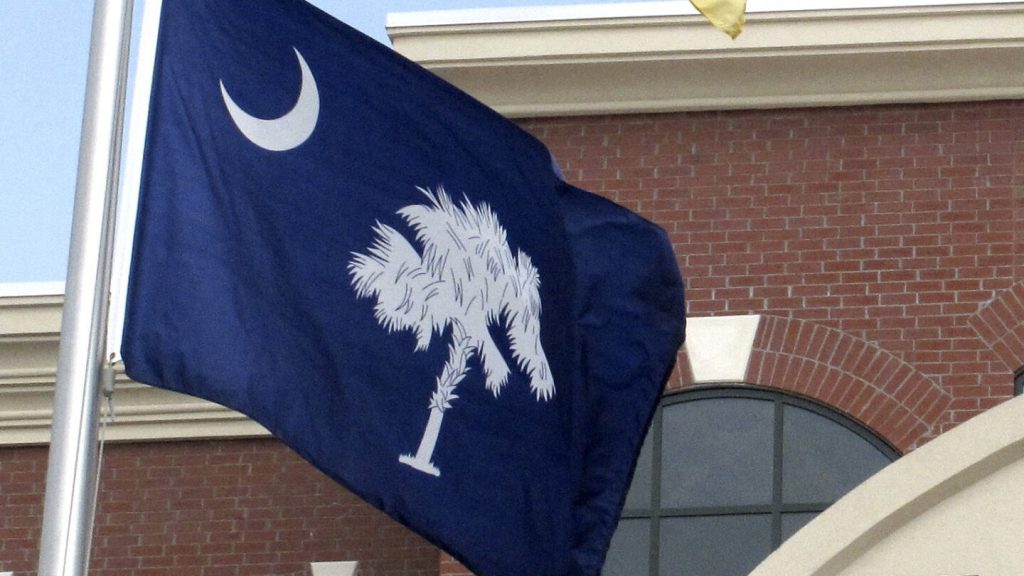South Carolina is gearing up for primary runoff elections on Tuesday, with multiple races still undecided from the previous primary held just two weeks earlier. One of the most closely watched races is in the 3rd Congressional District, where a candidate endorsed by former President Donald Trump is facing off against the preferred candidate of Republican Gov. Henry McMaster. The contest will likely determine who will succeed retiring GOP U.S. Rep. Jeff Duncan. The two contenders, pastor Mark Burns and nurse practitioner Sheri Biggs, will battle it out in the runoff after emerging as the top vote-getters in the primary.
With Burns receiving Trump’s endorsement and Biggs enjoying support from McMaster, the runoff election promises to be a closely contested one. While Biggs has outpaced Burns in individual campaign contributions for the cycle, Burns has secured significant loans to boost his campaign funding. The winner of this runoff will face Democratic nominee Byron Best in November, with both Burns and Biggs expected to be heavily favored in the safely Republican district. South Carolina’s 3rd Congressional District has historically leaned Republican, with strong support for Trump in both the 2016 and 2020 elections.
In addition to the congressional runoff, South Carolina will also see runoff elections for eight state Senate and four state House seats on Tuesday. With all 170 state legislative seats up for reelection in November, these runoff contests will play a crucial role in determining the makeup of the state’s government. Republicans currently hold significant majorities in both chambers, highlighting the importance of these runoff elections in shaping the state’s political landscape for the upcoming election cycle.
Registered voters in South Carolina can participate in partisan primary runoff elections if they voted in the same party’s primary on June 11 or if they did not vote in the primary at all. This ensures that voters who participated in the initial primary have a say in determining the final outcome of the runoff contests. The decision notes for the 3rd Congressional District highlight key counties where votes are expected to play a significant role in determining the winner, with a detailed breakdown of past election results in the region.
As the runoff election draws near, the focus shifts to voter turnout and advance voting numbers. With approximately 3.3 million registered voters in South Carolina, early indications suggest a significant turnout for the runoff elections. In the June 11 primary, turnout was 14% of registered voters, with a significant portion of votes cast before the primary day. As of Friday before the runoff, around 16,000 ballots had been cast, predominantly through in-person early voting, with a breakdown of mail-in votes showing a split between Democratic and Republican contests.
On election night, vote-counting is expected to follow a similar timeline to the June 11 primary, with results reported shortly after polls close. The state’s election commission will continue to provide updates on voter turnout and advance voting numbers leading up to the runoff election. With only 133 days left until the November general election, the outcome of the primary runoffs will set the stage for the upcoming political landscape in South Carolina. Follow the AP’s coverage of the 2024 election for the latest updates on the runoff elections and other key races across the country.


